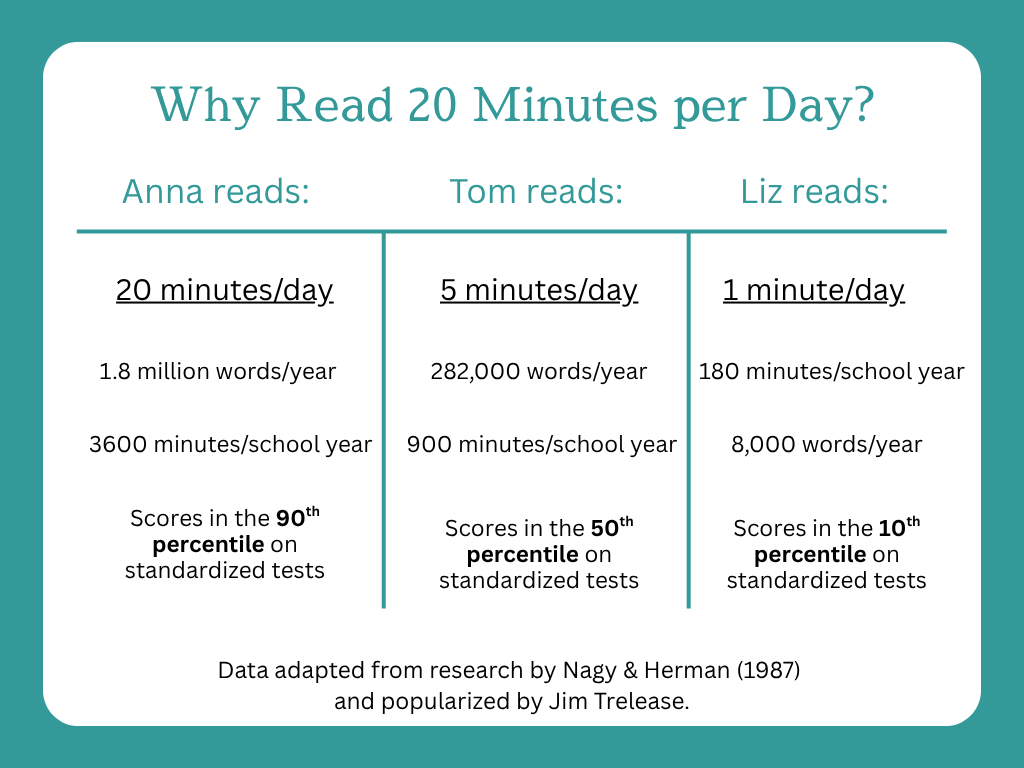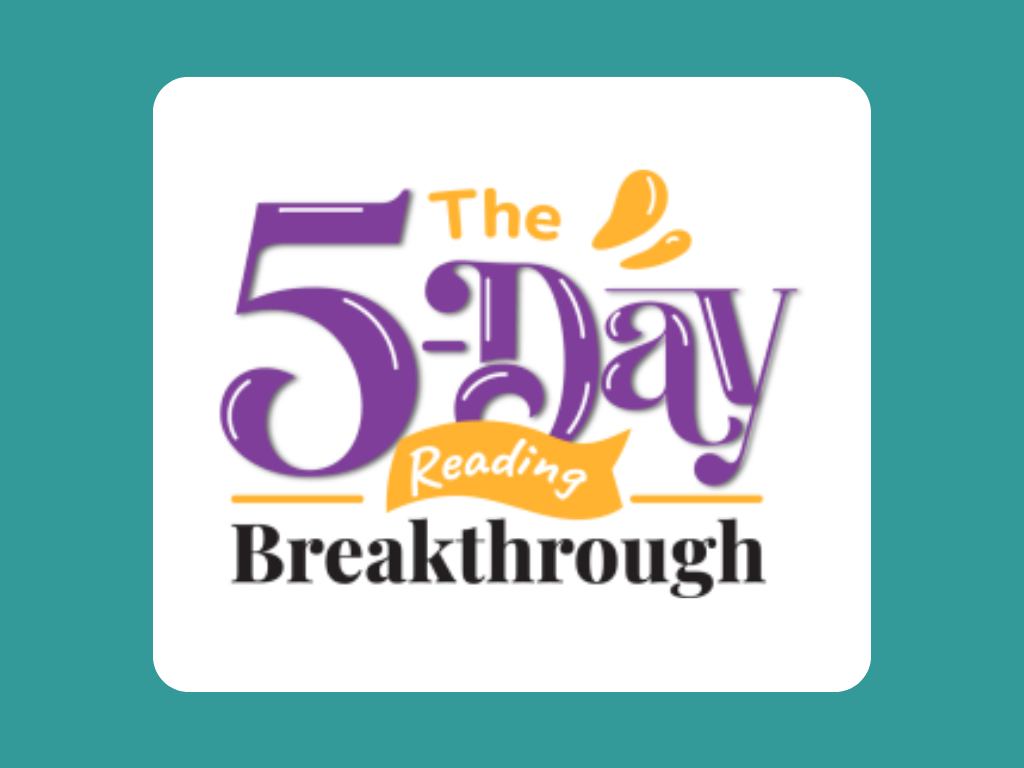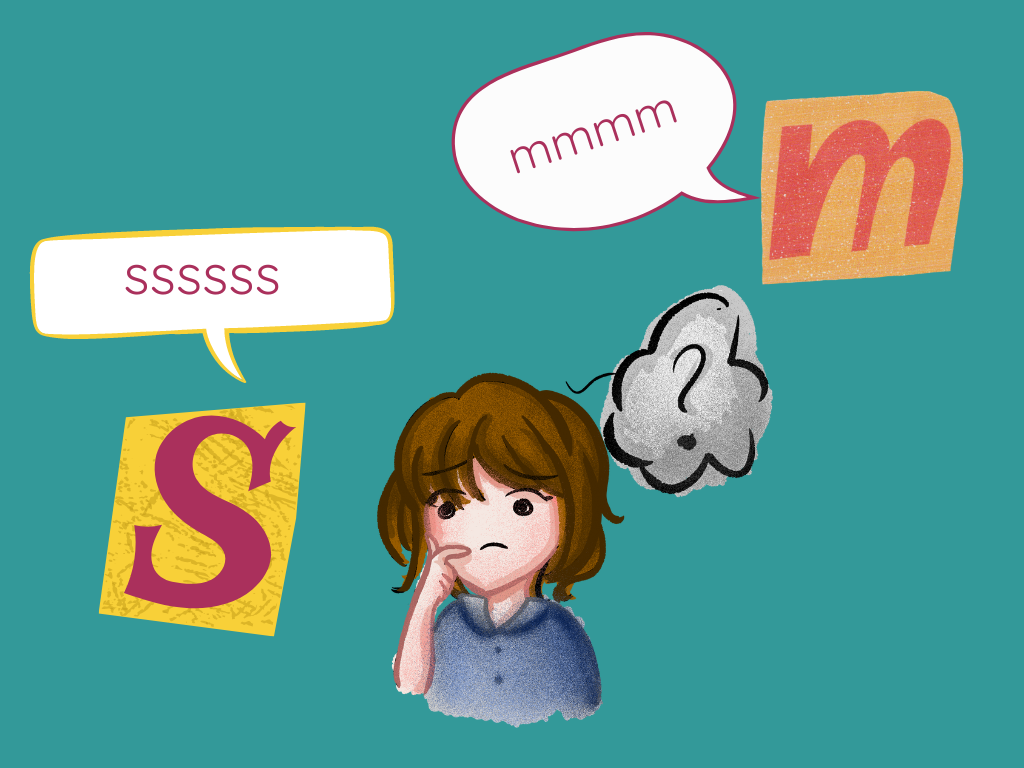
If your child is having a hard time learning to read, you’re not alone, and neither are they. Many bright, creative kids struggle with reading at first. And when reading feels hard, it’s easy for confidence to take a nosedive. That’s why learning how to build confidence in struggling readers is so important.
As a reading tutor who specializes in working with struggling readers aged 6 to 10, I’ve seen firsthand how shame and self-doubt can grow in kids who fall behind. In fact, some of the kids I’ve worked with have started to act out – not because they’re “bad,” but because they’re hurt.
Embarrassment, especially as kids get older, can show up as resistance, distraction, or defiance. Underneath that behavior? Often a discouraged child who feels like they’re the only one not “getting it.”
So how do we help kids rebuild their confidence when reading has been hard?
1. Separate Reading Struggles from Intelligence
Let’s say this loud and clear: struggling to read does not mean a child isn’t smart. In fact, many of the students I’ve worked with are incredibly bright – curious, imaginative, and perceptive. They just need a different approach. When parents and teachers reframe reading as a skill to build rather than a measure of intelligence, kids feel safer to try and less afraid to fail.
Use phrases like:
- “You’re still learning. Everyone learns at their own pace.”
- “You’re working hard, and I’m proud of your effort, not just your results.”
This helps kids redefine what success looks like.
2. Celebrate Progress, Including What Seems Like “Small” Stuff
It’s easy to get stuck focusing on what your child can’t read yet. But confidence grows when we shine a light on what’s going right. Did they sound out a word independently? Recognize a tricky word they used to miss? Read a full sentence without prompting?
That’s worth celebrating.
I usually use a combination of positive, specific verbal feedback and fun emojis. What can you do?
- That positive, specific feedback is an important one. For example, “You were having trouble with the Silent E words, but you’re doing it! Nice work!”
- High fives
- Recognition of how hard they’re working on this. For some kids, learning to read seems to come naturally. For about 60% of others – the majority – it takes quite a bit of work. As I’ve progressed as a tutor, I’ve realized that what seems simple to me – someone who has been reading for decades – is not so simple to someone just learning how to decode. First recognize within yourself that this is hard work. Then let them know you recognize it. I’ll often end a tough lesson by thanking my student for how hard they worked.
The goal is to build a sense of momentum — that they’re getting better, step by step. But it’s also to acknowledge that they’re doing good work, work that’s genuinely praiseworthy.
3. Be Their Calm Anchor
Struggling readers often feel anxious during reading time. They may freeze up, guess wildly, or shut down. When this happens, your tone matters more than your tools. If you stay calm and encouraging, they’ll feel safer to keep trying.
It’s important to show them that making mistakes isn’t a problem — it’s part of learning. I often tell my students, “I want you to make mistakes — because that’s how I know what you’re ready to learn.” I also let them know when I make a mistake, because we all do. When kids see that even adults don’t get everything right, it takes some of the pressure off.
The more you normalize mistakes and effort, you normalize effort and mistakes as part of the learning process, the more confident your child will become — not just in reading, but in how they handle challenges.
4. Give Them Books They Can Read (Not Just Books They’re “Supposed” to Read)
Struggling readers often get assigned books that are too hard, which only leads to frustration or guessing. The best books for them are ones that mostly match what they’ve already been taught — so they can actually decode most of the words on the page.
That said, it’s tough to find books that are simple enough to read but still feel appropriate for a child who’s not a beginner in other ways. I often work with kids who are struggling with beginning reading skills at 7 to 10 years old. For them, the options are limited — but there are some excellent resources out there.
My favorite is Beyond Decodables. These printable and online stories are designed to be decodable for readers just learning CVC words to those learning multisyllabic words. Most of the words are decodable for the student’s stage, and any unfamiliar ones can be supported during reading.
My struggling readers especially enjoy “On the Bus to Boston.” Most of my students can read this story fairly well, and they really enjoy it. I let them know up front: “You’ll be able to read most of the words in this story, and I’ll help you with the ones you haven’t learned yet.” That way, they go into the reading with confidence, and they learn that it’s okay to need support sometimes.
5. Know That Acting Out Might Be a Sign of Shame
When kids are embarrassed about their reading, they might not say so. Instead, they might:
- Refuse to read
- Disrupt reading time
- Say things like “I hate reading!” or “This is stupid!”
It’s tempting to correct the behavior – and of course, boundaries are important. But underneath that resistance is often a child who feels unsafe, frustrated, or humiliated.
Try saying:
“Reading is hard for you right now, huh? That makes sense. But I believe in you, and we’re going to keep working at it together.”
That quiet belief can be the difference between a child who gives up… and one who keeps going.
Final Thoughts
If you’re parenting a struggling reader, you’re doing something brave and important. Your support – your patience, your encouragement, your belief – is a game-changer. Confidence doesn’t grow overnight, but it does grow, especially when children are given the right tools and the right support.
Photo by Mikhail Nilov: https://www.pexels.com/photo/woman-in-a-jacket-hugging-a-boy-8342270/








